The United States remains committed to supporting peace efforts in Ukraine but will scale back its direct role as mediator, State Department spokesperson Tammy Bruce said on May 1.
"He (U.S. President Donald Trump) knows also that there is another part of the world, a whole globe that needs some attention," Bruce told reporters.
"We are not going to fly around the world at the drop of a hat to mediate meetings; that is now between the two parties, and now is the time that they need to present and develop concrete ideas about how this conflict is going to end."
The remarks reflect a significant shift in Washington's approach after months of stalled diplomacy aimed at brokering a ceasefire in Russia's full-scale war against Ukraine.
Secretary of State Marco Rubio and Trump had previously warned that the U.S. would withdraw from mediation efforts if no meaningful progress was made.
On April 18, Trump said, "If one of the two parties makes it very difficult, we're just going to say: 'you're foolish, you're fools, you're horrible people,' and we're just going to take a pass."
"The Secretary has also made it very clear that while our style will change, the methodology of how we contribute to this will change in that we will not be the mediators," Bruce added.
Vice President JD Vance echoed the shift on May 1, telling Fox News that the war in Ukraine is unlikely to end "any time soon."
It is "going to be up to the Russians and Ukrainians now that each side knows what the other's terms for peace are. It's going to be up to them to come to an agreement and stop this brutal, brutal conflict," Vance told Fox News' Bret Baier.
The U.S. intensified its diplomatic outreach earlier this year, including negotiating proposals for a 30-day ceasefire and partial truces aimed at halting attacks on civilian energy infrastructure.
Moscow has rejected these initiatives, and Russian forces have intensified strikes across Ukraine. On April 24, Russia launched 215 missiles and drones, killing at least 12 civilians and injuring 87 in Kyiv alone.
President Trump criticized the attack as "not necessary" and "very bad timing," directly appealing to Russian President Vladimir Putin: "Vladimir, Stop!" Yet he refrained from issuing any consequences or condemnation.
In contrast, Kyiv has accepted the U.S.-backed ceasefire plan and continues to demand an unconditional cessation of hostilities.
Republican Senator Lindsey Graham said on May 1 that at least 72 senators are ready to vote for sweeping new sanctions and tariffs against Russia, should Putin continue to avoid serious peace negotiations.
Trump’s peace effort ignores thousands of Ukrainians still tortured in Russian captivity
When Ukrainian journalist Viktoriia Roshchyna’s body was returned from Russian captivity with organs missing to hide evidence of torture, the revelation sent shockwaves around the world. Roshchyna died in Russian captivity in the fall of 2024, but her body was only returned to Ukraine in February and officially identified


.png)
 German (DE)
German (DE)  English (US)
English (US)  Spanish (ES)
Spanish (ES)  French (FR)
French (FR)  Hindi (IN)
Hindi (IN)  Italian (IT)
Italian (IT)  Russian (RU)
Russian (RU)  11 hours ago
2
11 hours ago
2
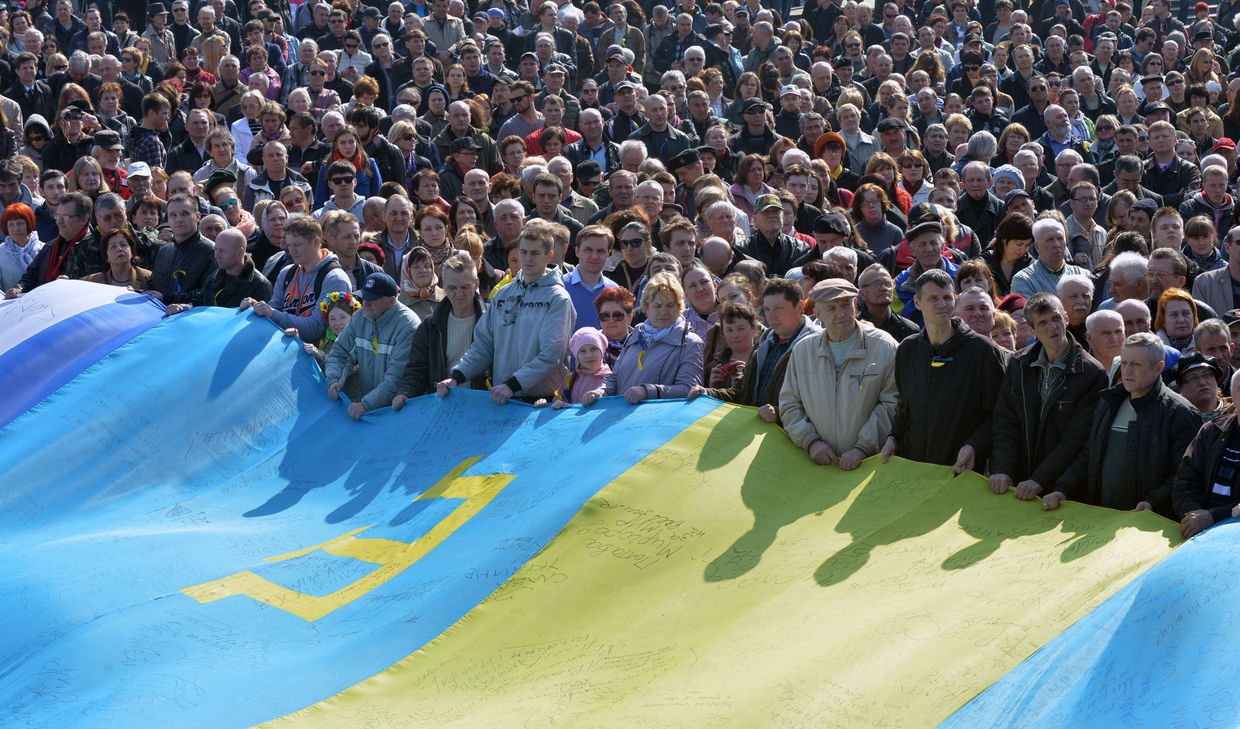
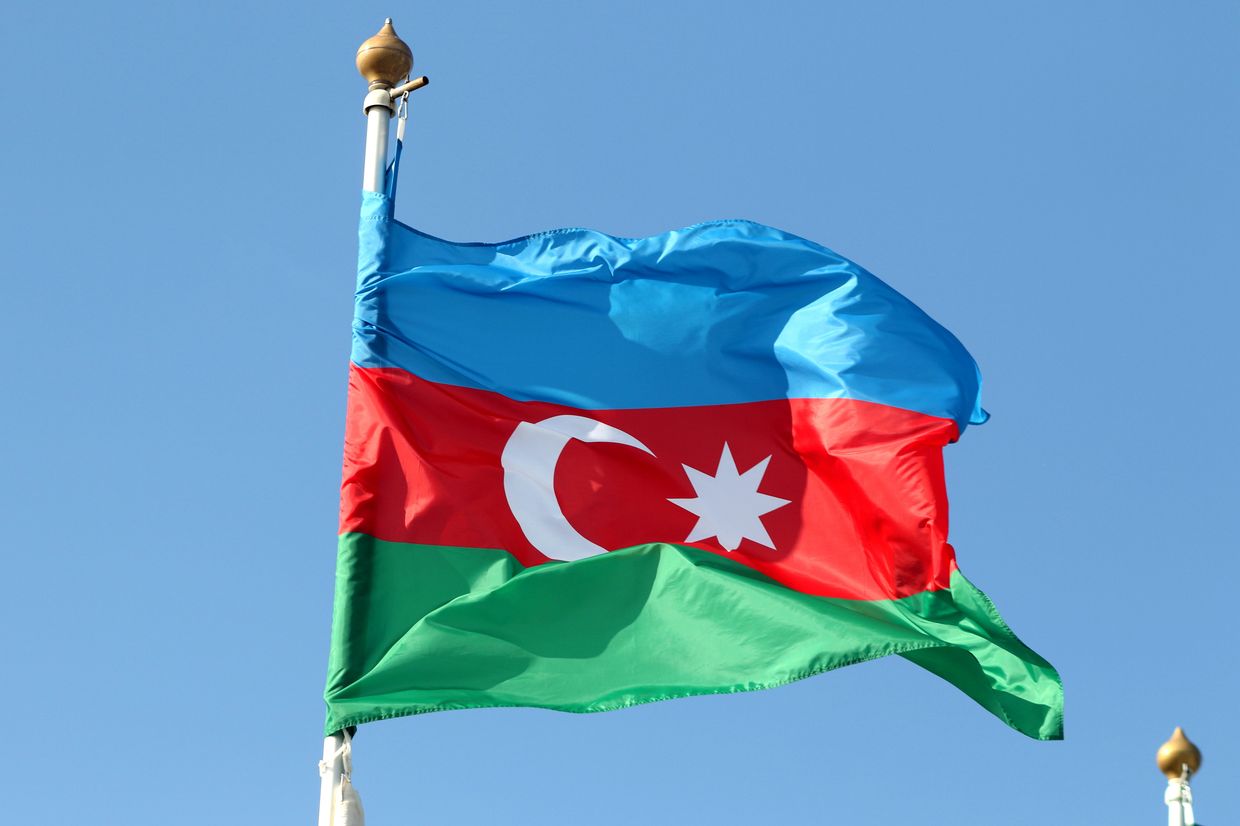

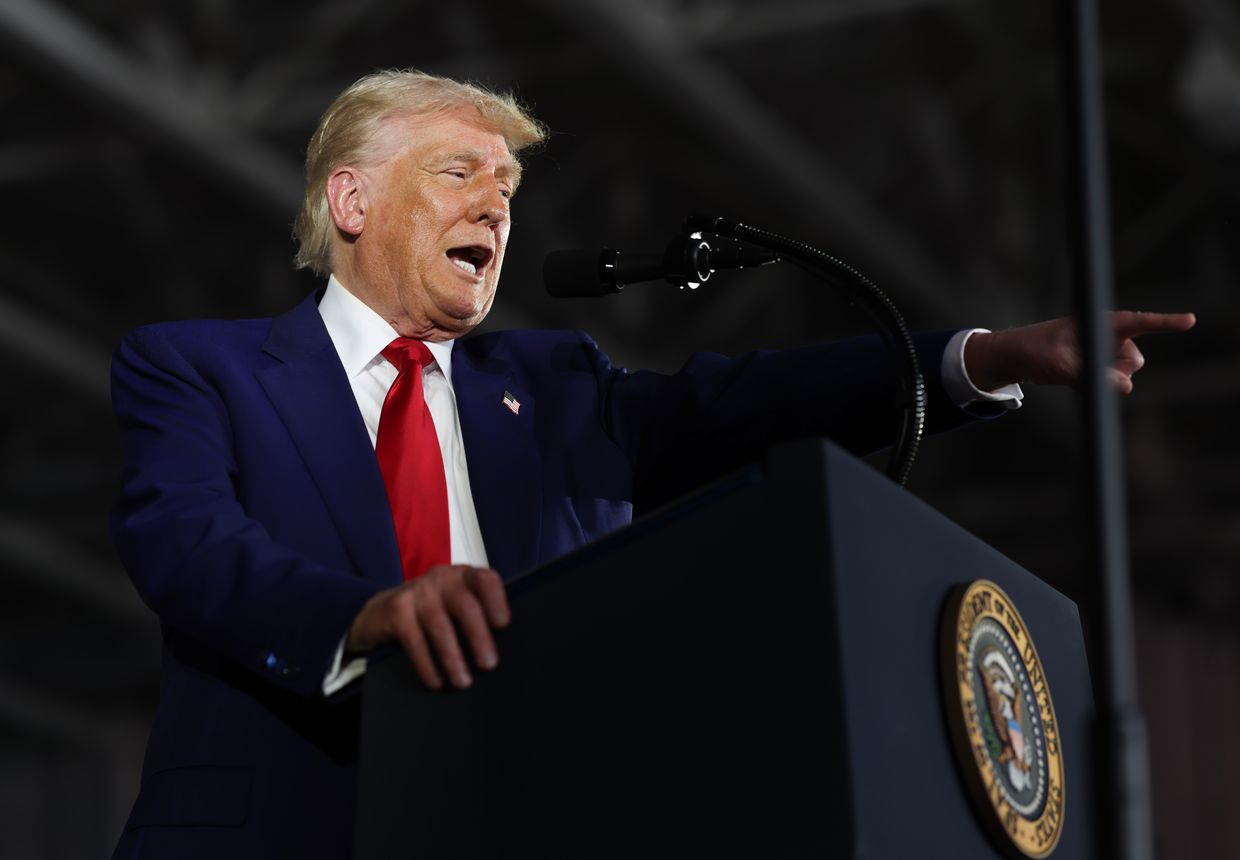



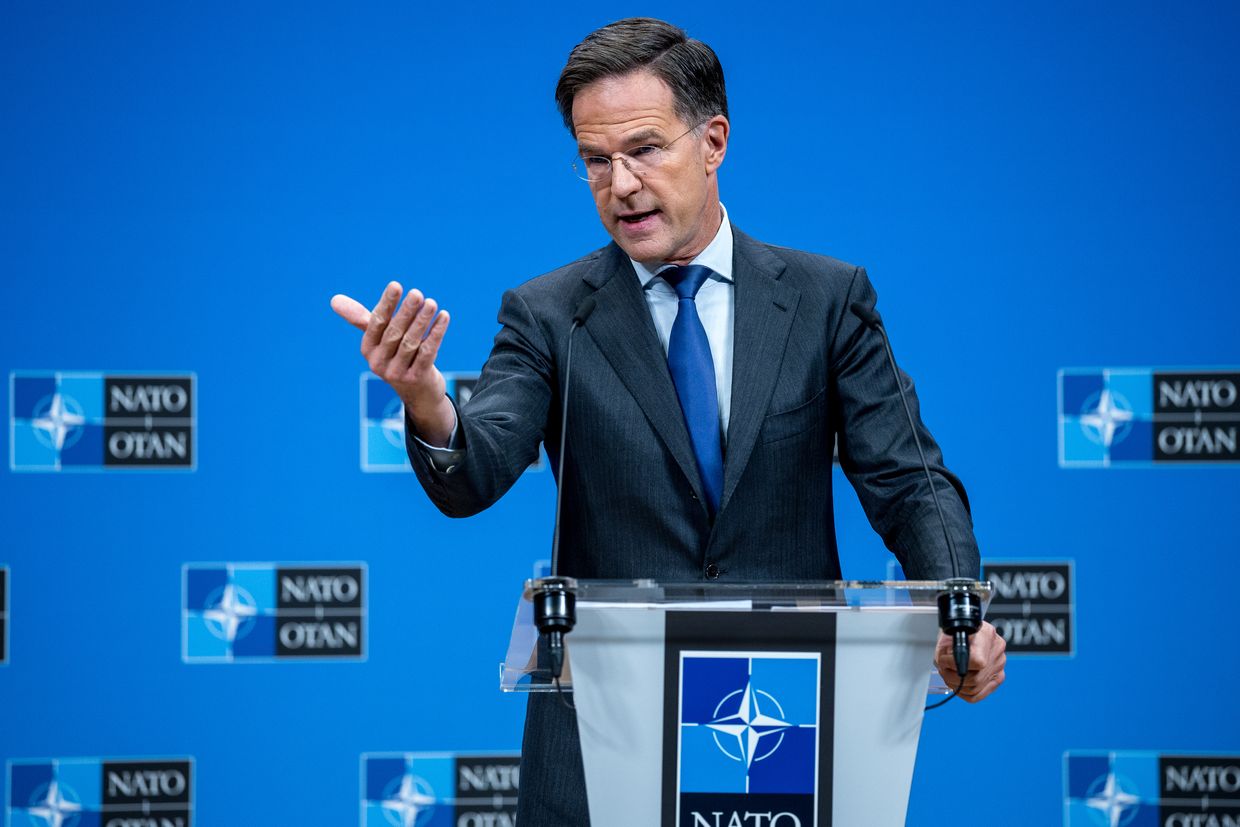
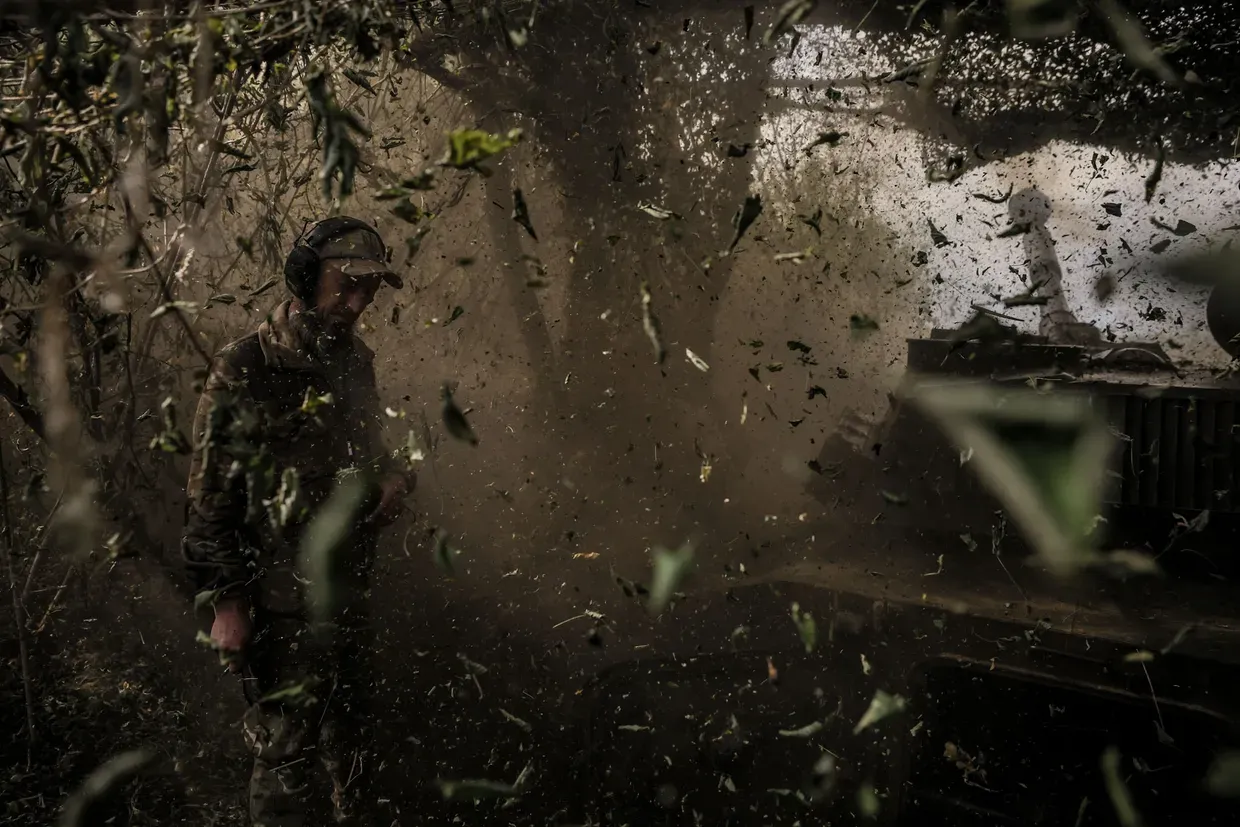
Comments